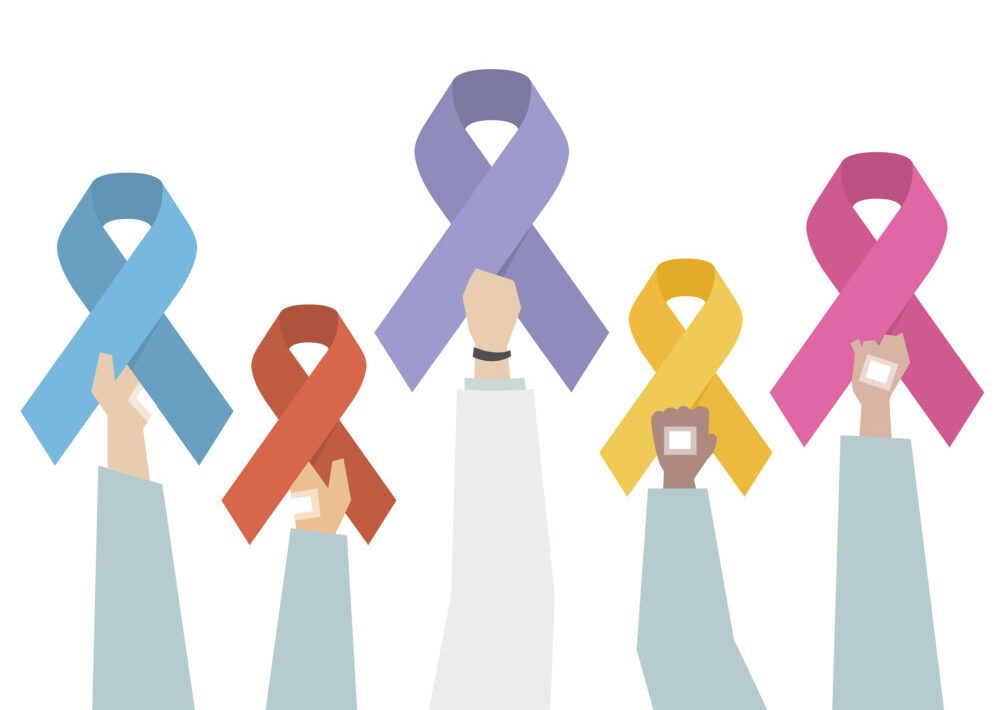HIV stands for human immunodeficiency virus. It harms your immune system by destroying the white blood cells that fight infection. The virus destroys a type of white blood cell in the immune system called a T-helper cell, and makes copies of itself inside these cells. T-helper cells are also referred to as CD4 cells. Some people infected with HIV are asymptomatic at first. Most people experience symptoms in the first month or two after becoming infected. That’s because your immune system is reacting to the virus as it rapidly reproduces.
This early stage is called acute stage. Symptoms are similar to those of the flu and may last anywhere from a few days to several weeks. These include:
- fever
- swollen lymph glands
- general aches and pains
Basic facts about HIV
- HIV stands for human immunodeficiency virus.
- There is effective antiretroviral treatment available so people with HIV can live a normal, healthy life.
- The earlier HIV is diagnosed, the sooner treatment can start – leading to better long term health. So regular testing for HIV is important.
- HIV is found in semen, blood, vaginal and anal fluids, and breast milk.
- HIV cannot be transmitted through sweat, saliva or urine.
- Using male condoms or female condoms during sex is the best way to prevent HIV and other sexually transmitted infections.
- If you inject drugs, always use a clean needle and syringe, and never share equipment.
- If you are pregnant and living with HIV, the virus in your blood could pass into your baby’s body, or after giving birth through breastfeeding. Taking HIV treatment virtually eliminates this risk.




